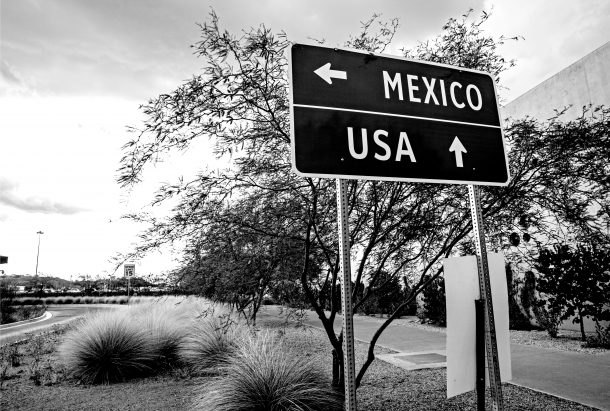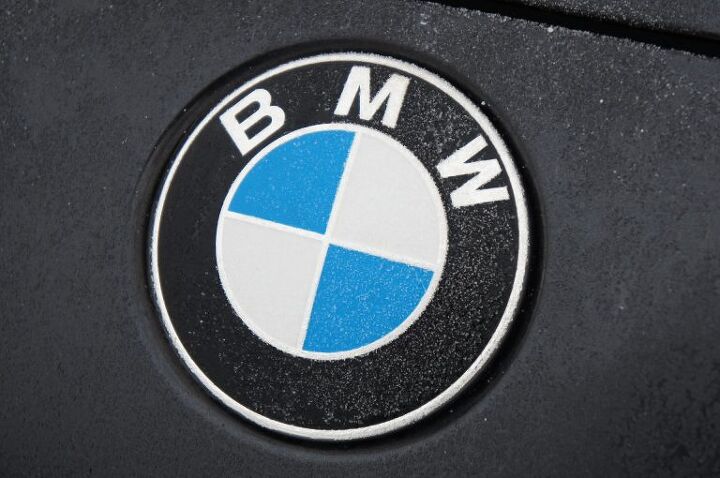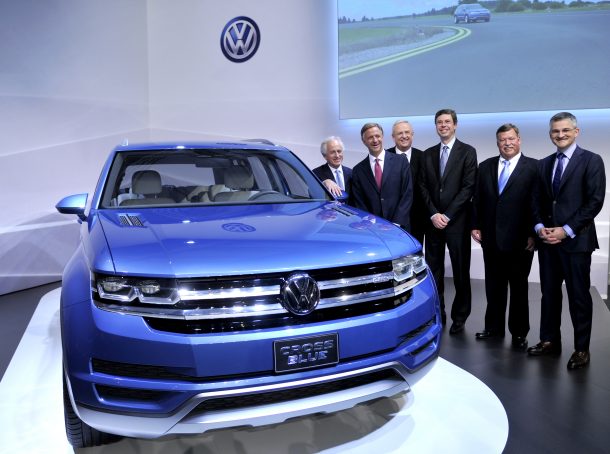#cartels
Mexico Gives Amnesty to Illegal American Cars
Last week, Mexican President Andrés Manuel López Obrador made a pledge to legalize millions of vehicles being illegally imported from the United States. While it sounds like a phenomenal way to help the nation to contend with product shortages that are driving up vehicle prices around the globe, all of the cars had been smuggled previously and many were presumed to have been stolen.
This has created a lot of tension. Despite there being evidence that these vehicles frequently end up becoming workhorses for criminal cartels, illegally imported beaters also provide a cheap alternative to poorer residents right when automotive prices (new and used) have started to disconnect from reality. Times are tough and destitute families aren’t going to care where a car comes from when it’s the only one they can afford. So López Obrador has officially launched a new regularization program designed to bring these automobiles into the fold.
EU Faults BMW, Daimler, Volkswagen With Emissions Collusion
It might have taken two years of investigative raids and Daimler acting as a whistleblower, but Germany’s Big Three automakers finally stand accused by the European Union of collusion. On Friday, the European Commission claimed that Volkswagen Group, BMW and Daimler broke antitrust rules by acting together to delay the introduction of two emission cleaning systems between 2006 and 2014.
The Commission’s preliminary view is that BMW, Daimler and VW participated in a collusive scheme, breaching the EU’s competition rules by limiting the development and proliferation of new emission cleaning technology for diesel and gasoline-fueled passenger cars sold in the “European Economic Area.” This collusion occurred in the framework of the car manufacturers’ so-called “circle of five” technical meetings — which includes VW Group’s Porsche and Audi.
BMW Raided in German Cartel Investigation, Daimler Seeks Immunity
Back in July, German authorities became concerned that the country’s manufacturers had been operating one of the largest automotive cartels in history. With many auto executives still under the microscope for diesel emission manipulation, combined with inter-familial strife between the Piech and Porsche clans, Germany’s auto industry was starting to resemble a PG version of the film Goodfellas — with a dash of Dallas, for flavor.
Despite some rather serious accusations, nothing really came of the cartel investigation. We were beginning to wonder if it was much ado about nothing. But Germany’s antitrust officials hadn’t forgotten — they were simply biding their time during preliminary investigations into corporate collusion and price-fixing. Earlier this week, they made their big move and raided BMW’s headquarters.
Antitrust Regulators Worried German Auto Industry Has Been Running Secret Cartel For Decades
Government authorities are concerned that Germany’s automakers have been running one of the biggest CARtels in history. Allegedly active since the 1990s, automakers used secret working groups to remain in cahoots on decisions regarding technical issues, suppliers, and cost suppression. The groups may have even set the table for Volkswagen’s diesel emissions scandal by encouraging regulatory cheating.
Major manufacturers had apparently agreed on the size of the tanks containing AdBlue, Germany’s preferred diesel treatment fluid to reduce exhaust emissions, and decided the units should be small to keep fluid prices up. When the entire system turned out to be insufficient in meeting regulatory guidelines, illegal software manipulation became the alternative solution.



















Recent Comments